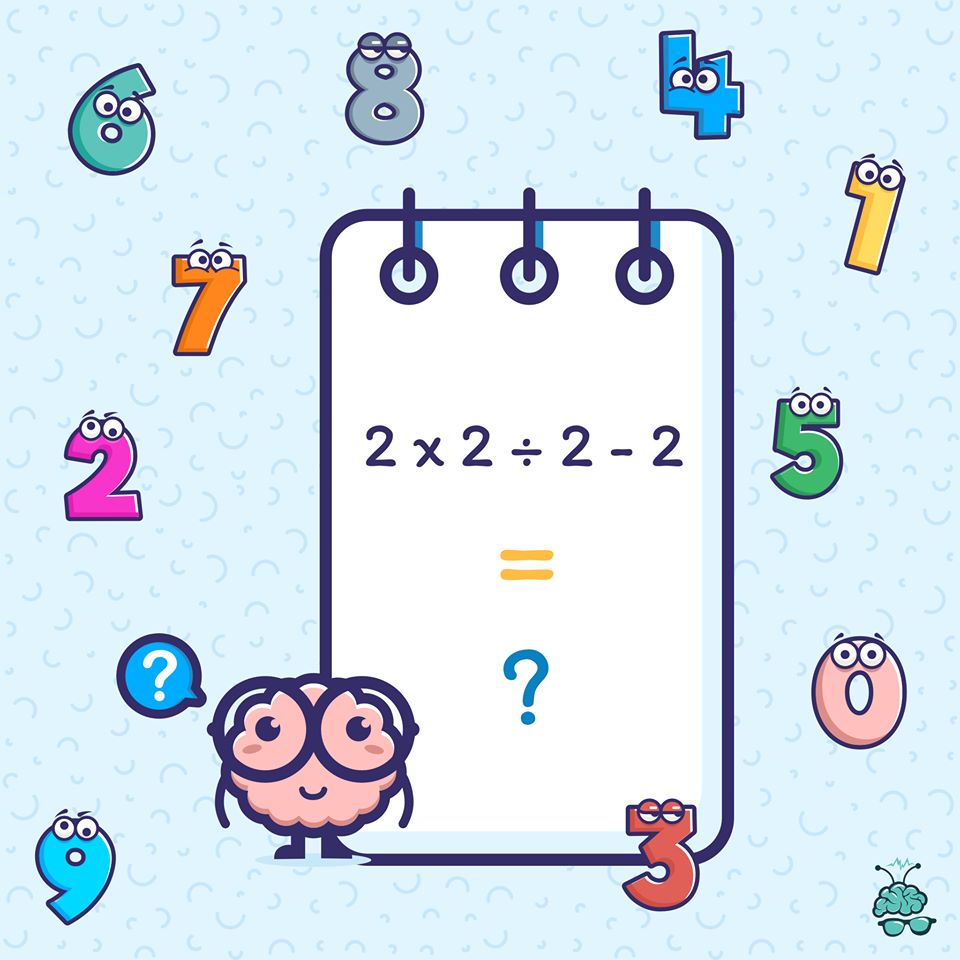- Empty cart.
- Continue Shopping
The Benefits of Puzzles and Brain Games for Children

Childhood is a critical period for cognitive development, and engaging children in activities that stimulate their minds is of paramount importance. Puzzles and brain games are not only entertaining but also offer a wide array of benefits that contribute to a child’s intellectual growth and overall well-being.
I. Cognitive Development
1. Problem-Solving Skills
Puzzles, whether they are jigsaw puzzles or logic games, require children to analyze, strategize, and find solutions. Engaging with puzzles nurtures their problem-solving abilities, fostering critical thinking and analytical skills that are valuable throughout life.
2. Spatial Awareness
Jigsaw puzzles, in particular, enhance a child’s spatial awareness. By manipulating and fitting pieces together, children develop an understanding of spatial relationships, which is crucial for skills like reading maps, understanding graphs, and even excelling in subjects like geometry.
3. Pattern Recognition
Many brain games involve recognizing and continuing patterns. This strengthens a child’s ability to identify and predict patterns, a skill that is fundamental in mathematics, language development, and even artistic endeavors.
II. Fine Motor Skills and Coordination
1. Hand-Eye Coordination
Manipulating puzzle pieces or playing brain games that involve moving objects on a screen require precise hand-eye coordination. This is essential for tasks like writing, playing musical instruments, and participating in sports.
2. Fine Motor Skills
Puzzles often involve handling small pieces, which necessitates refined motor skills. These skills are not only important for tasks involving dexterity, but they also play a role in everyday activities like tying shoelaces and buttoning shirts.
III. Language and Vocabulary Development
1. Enhanced Vocabulary
Puzzles often feature images or words that children must identify. This exposure to various objects and words aids in expanding their vocabulary, improving language comprehension, and ultimately strengthening their communication skills.
2. Reading Readiness
Brain games that involve word recognition or letter sequencing are invaluable for preparing children for reading. They help reinforce letter and word recognition, setting a strong foundation for literacy.
IV. Emotional and Social Development
1. Patience and Persistence
Completing a puzzle or solving a brain game requires patience and persistence. Children learn the value of sticking with a task and experiencing the satisfaction of completing it, which builds resilience and self-discipline.
2. Collaboration and Social Interaction
When children work on puzzles or play brain games together, it encourages collaboration, communication, and teamwork. They learn to share ideas, take turns, and appreciate the contributions of others.
In conclusion, puzzles and brain games offer a multitude of benefits for children’s development. From enhancing cognitive skills and fine motor abilities to fostering language development and promoting social interaction, these activities play a vital role in shaping well-rounded individuals. Encouraging children to engage in puzzles and brain games not only provides hours of entertainment but also sets the stage for a lifetime of intellectual curiosity and growth. Remember, a child’s mind is a treasure trove of potential, and activities like puzzles and brain games help unlock its full capacity.








